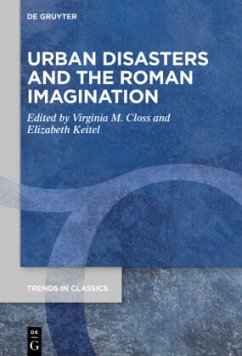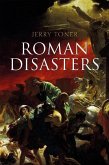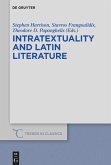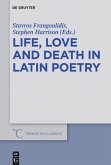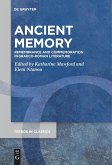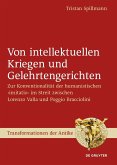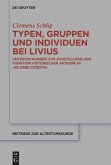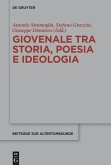This book affords new perspectives on urban disasters in the ancient Roman context, attending not just to the material and historical realities of such events, but also to the imaginary and literary possibilities offered by urban disaster as a figure of thought. Existential threats to the ancient city took many forms, including military invasions, natural disasters, public health crises, and gradual systemic collapses brought on by political or economic factors. In Roman cities, the memory of such events left lasting imprints on the city in psychological as well as in material terms. Individual chapters explore historical disasters and their commemoration, but others also consider of the effect of anticipated and imagined catastrophes. They analyze the destruction of cities both as a threat to be forestalled, and as a potentially regenerative agent of change, and the ways in which destroyed cities are revisited - and in a sense, rebuilt- in literary and social memory. The contributors to this volume seek to explore the Roman conception of disaster in terms that are not exclusively literary or historical. Instead, they explore the connections between and among various elements in the assemblage of experiences, texts, and traditions touching upon the theme of urban disasters in the Roman world.
"[...] the book offers a new and broad perspective especially on literary discussions about the power of disasters, real and imagined, the commemoration of catastrophes in the Roman world as well as the ideological and literary models and topoi applied to such disasters. As a result, it is valuable especially for specialists in the fields of catastrophes and urban disasters, who are looking for fresh and stimulating perspectives. [...] The translations of the numerous quoted Latin texts are well done." Saskia Kerschbaum in: BMCR 2021.05.28.

